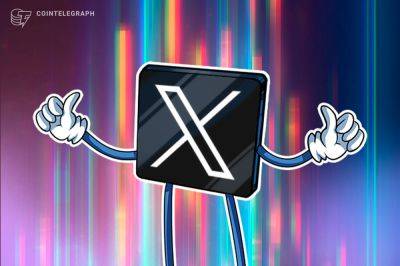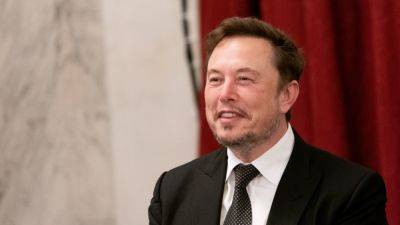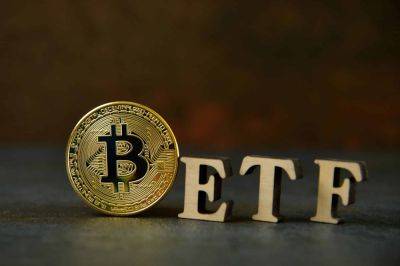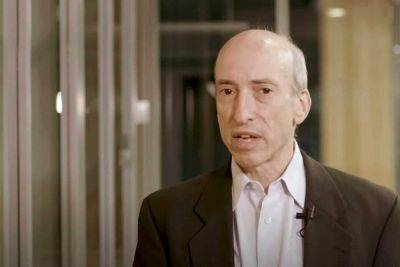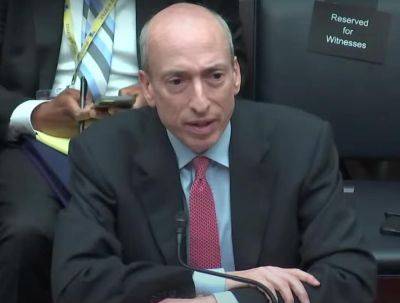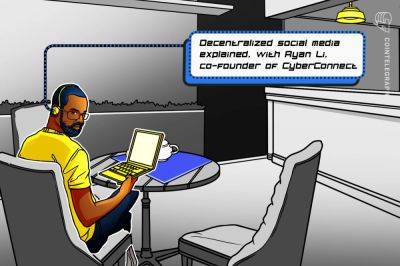SEC Files Application to Compel Elon Musk's Compliance with Subpoena
In the application, the SEC outlines its ongoing investigation into Elon Musk's 2022 acquisition of Twitter shares, as well as his subsequent statements and filings with the Commission. The SEC initially served Musk with a subpoena in May 2023, requiring him to appear for investigative testimony at the SEC's San Francisco Regional Office on September 15, 2023. While Musk initially agreed to comply, he later reversed his decision and refused, citing various objections.
The court's jurisdiction over the case is established under Section 22(a) of the Securities Act, 15 U.S.C. § 77v(b), and Section 21© of the Exchange Act, 15 U.S.C. § 78u©. According to the SEC's application, Musk lacks a valid basis for refusing to comply with the subpoena. To strengthen its case, the application cites multiple legal precedents and regulations, including sections 77s(b), 77s©, 77t(a), 77u(b), and 77v(b) of Title 15 of the United States Code.
Musk's refusal came just two days before his scheduled testimony. Among his objections was the location where the testimony was to take place. Despite these concerns, the SEC attempted to negotiate an alternative date and location for the testimony, only to be met with Musk's «blanket refusal.» The SEC argues that none of Musk's objections hold legal merit and that he lacks a justifiable reason for his non-compliance.
The SEC's application for an order compelling compliance is a complex issue that will be adjudicated based on the court's interpretation of relevant regulations and the validity of the subpoena. The SEC aims to obtain testimony from Musk to acquire information not currently in its possession, which is relevant to its lawful investigation. The court's ruling has the potential to
Read more on blockchain.news

 blockchain.news
blockchain.news

